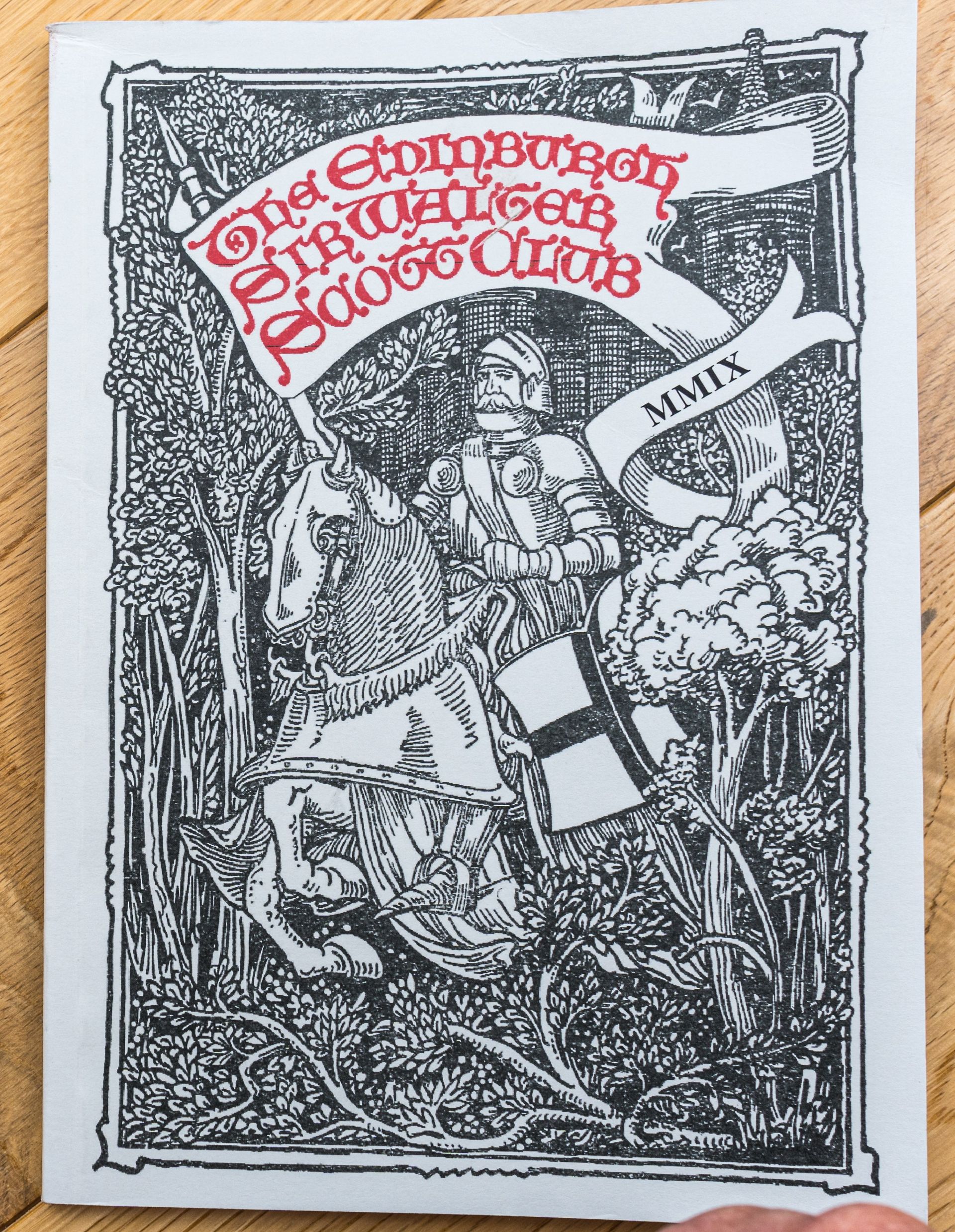The Great Unknown: Scott as Poet, Critic and Historian
Dr. R. A. Silvester
Thursday 4th June 2009
Summary of the Talk:
The talk explores Sir Walter Scott's contributions beyond his fame as a novelist, delving into his poetry, literary criticism, and historical writing. Here’s a summary of each section:
- Scott the Poet:
- Scott is often dismissed as a poet "fit for boys" rather than adults, with critics underappreciating his poetic achievements.
- His poetry, including works like The Lay of the Last Minstrel and Marmion, is characterized by vivid descriptions and patriotism, with a strong connection to the Scottish landscape and history.
- Scott's approach to writing was not perfectionist, as he produced a large body of work quickly. His poetry often mixes elegance with straightforwardness, sometimes dismissed by critics but praised for its power and human perception.
- Key themes in his poetry include patriotism, nostalgia, and the natural world, with notable lyrical passages such as those in The Lady of the Lake.
- Scott the Critic:
- Silvester argues that Scott, as a critic, was more generous and approachable than many of his contemporaries. He is less focused on academic theories and more on broad, accessible discussions of literature.
- In The Lives of the Novelists, Scott gave insightful and fair assessments of 18th-century novelists like Richardson, Fielding, Smollett, and Sterne. He praised Richardson's naturalism and Fielding's narrative techniques.
- Scott's critiques also reflect his deep engagement with history, politics, and character studies, contrasting with more modern, dogmatic critical approaches.
- His literary criticism was based on a vast knowledge of literature and human nature, displaying warmth and openness to diverse literary figures.
- Scott the Historian:
- While Scott's historical contributions are most prominent in his novels, they are also evident in his historical works, such as Tales of a Grandfather.
- Scott treated history with a combination of vivid storytelling, character sketches, and a sense of the political and social contexts behind historical events.
- He portrayed Scottish history with both romantic tales and a grounded view of realpolitik, providing a rich, accessible history that was both entertaining and educational.
Interesting Points:
- Scott's poetry, though often overlooked, offers a detailed portrayal of Scottish identity and landscape, blending narrative and lyrical forms.
- As a critic, Scott’s generosity and wide-ranging interest in authors across genres make his work valuable for understanding 18th-century literature.
- His historical works are more than just factual accounts; they engage readers with dynamic narratives, connecting personal stories to broader political and social movements, showing Scott’s deep commitment to preserving and interpreting Scotland’s past.
Download the [transcript] or read the [bulletin]

Download the [transcript] or read the [bulletin]


